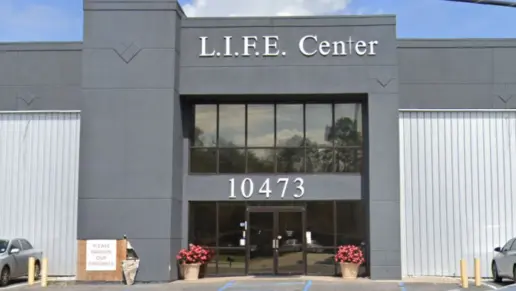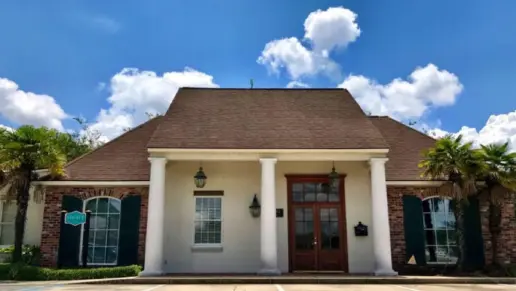About Shreveport Bossier Rescue Mission
The Shreveport-Bossier Rescue Mission has been around for 70 years. They provide help to children, adults and families experiencing homelessness, addiction and poverty. They’re based in Shreveport, Louisiana where they have a facility with 29,000 square feet. It includes a separate men’s and women’s dormitory, and suites for mothers with children. The facility also has counseling offices, dining areas, laundry facilities, and volunteer-staffed medical and dental clinics.
The mission firmly believes that the only source of healing and hope is through following Jesus by lifting up the hungry, homeless, abused and addicted. Their programs focus on helping people find recovery through a relationship with God.
Substance Use and Gambling Services in Shreveport
The mission provides shelter, food and clothing to homeless individuals every day of the year. Their regular intake hours are daily from 9am to 2pm. Once admitted, you’ll find guest services are available 24/7 year-round.
Their services for men and women are distinct. Both provide support with addiction recovery. Additional resources include short-term programs that focus on getting and maintaining a job, finding housing, career development, and parenting skills. All their programs have a Biblical basis. Weekly chapel attendance is required for all program participants.
Long-Term Recovery Programs for Louisiana Residents
The Mission’s full-scale Life Recovery Program is striking. They meet each client’s basic needs but also equip them to transform their lives. Through this program, people get the skills to forever end the cycle of homelessness and poverty.
It includes small and large group classes with guest speakers, life-skills training, counseling and life coaching as well as job training. They also give you weekly case management meetings that are held one-on-one. Program participants also get medical and dental care, which I really like.
Latest Reviews
Rehab Score
Gallery
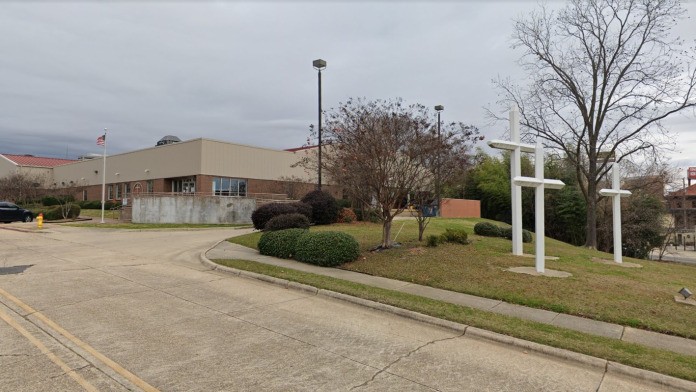
Location
Other Forms of Payment
Addiction Treatments
Levels of Care
Treatments
The goal of treatment for alcoholism is abstinence. Those with poor social support, poor motivation, or psychiatric disorders tend to relapse within a few years of treatment. For these people, success is measured by longer periods of abstinence, reduced use of alcohol, better health, and improved social functioning. Recovery and Maintenance are usually based on 12 step programs and AA meetings.
While each drug rehab in Louisiana offers unique elements, recovery support often follows a similar pattern. Detox is followed by inpatient and/or outpatient care, then aftercare support is provided once the participant completes the initial program.
Opioid rehabs specialize in supporting those recovering from opioid addiction. They treat those suffering from addiction to illegal opioids like heroin, as well as prescription drugs like oxycodone. These centers typically combine both physical as well as mental and emotional support to help stop addiction. Physical support often includes medical detox and subsequent medical support (including medication), and mental support includes in-depth therapy to address the underlying causes of addiction.
Substance rehabs focus on helping individuals recover from substance abuse, including alcohol and drug addiction (both illegal and prescription drugs). They often include the opportunity to engage in both individual as well as group therapy.
Programs


Clinical Services
People gain great insight into the patterns of behaviors and the triggers that underlie addiction when they participate in group therapy sessions. Your peers will discuss their experiences and strategies they use to manage addictive behaviors, offering you a greater opportunity to learn coping skills that work.
In individual therapy, a patient meets one-on-one with a trained psychologist or counselor. Therapy is a pivotal part of effective substance abuse treatment, as it often covers root causes of addiction, including challenges faced by the patient in their social, family, and work/school life.
Life skills trainings involve all the skills a person must have in order to function successfully in the world. These include time management, career guidance, money management, and effective communication. Truly successful addiction recovery is based on the ability to not only live substance-free, but to thrive. Life skills teaches the practical necessities of functioning in society, which sets clients up for success in life, and therefore sobriety.
Amenities
-
Private Setting
Staff
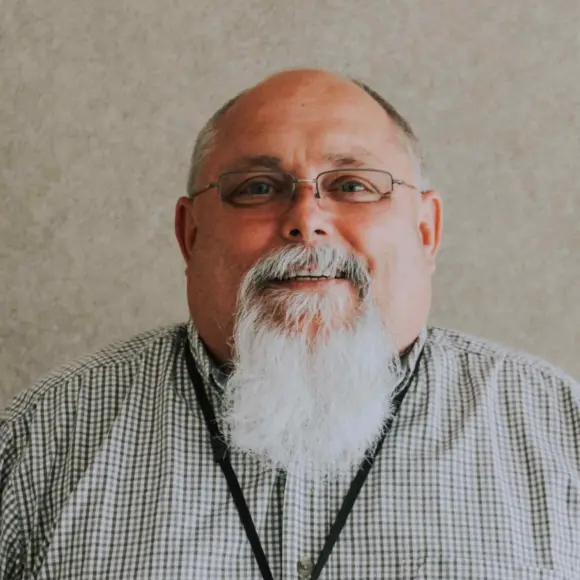
Executive Director
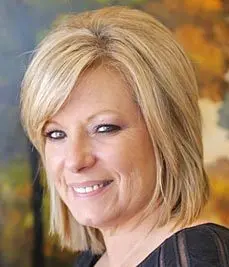
Director of Women & Children’s Program

Director of Development
Contact Information
901 McNeil Street
Shreveport, LA 00590
